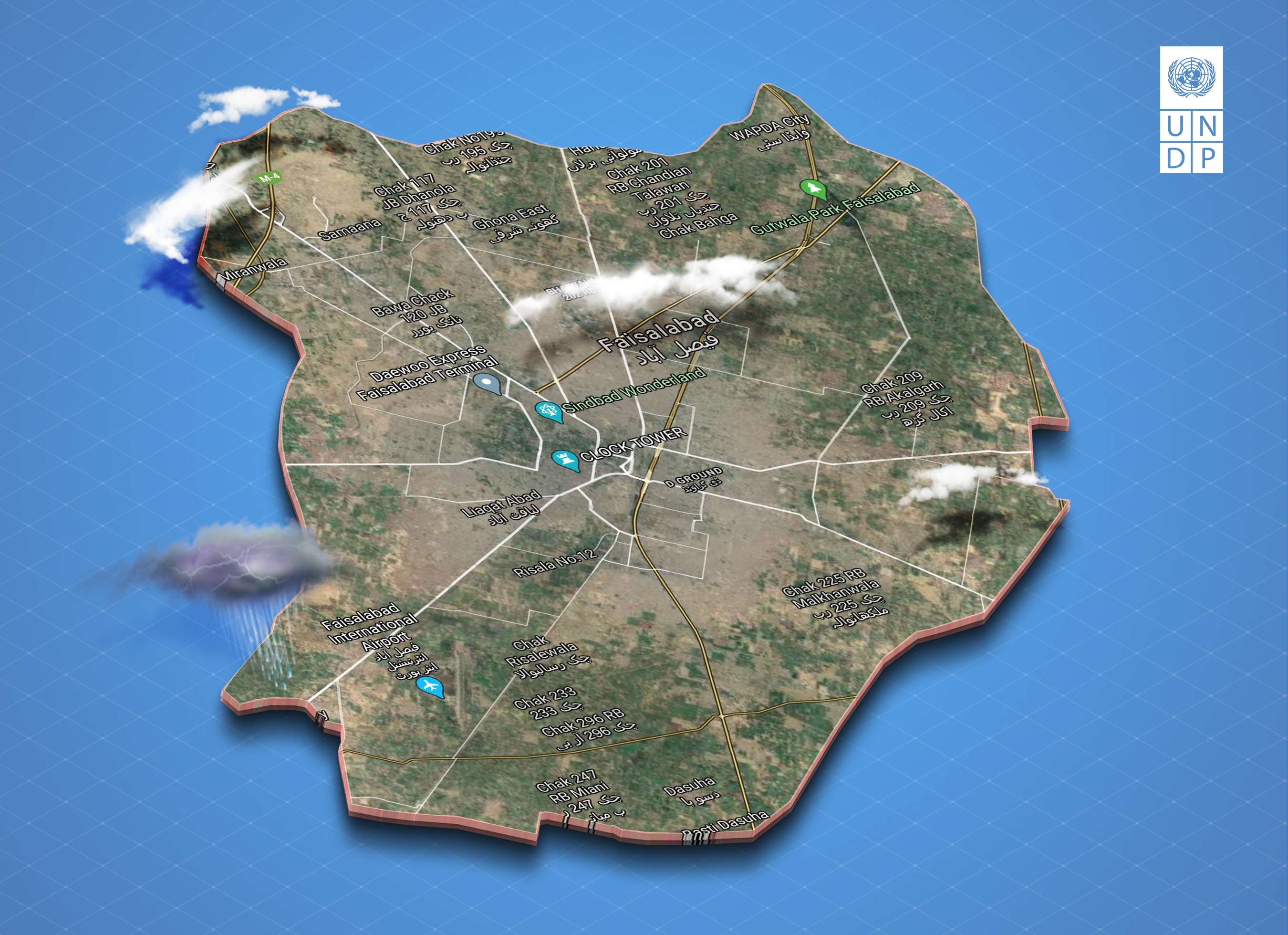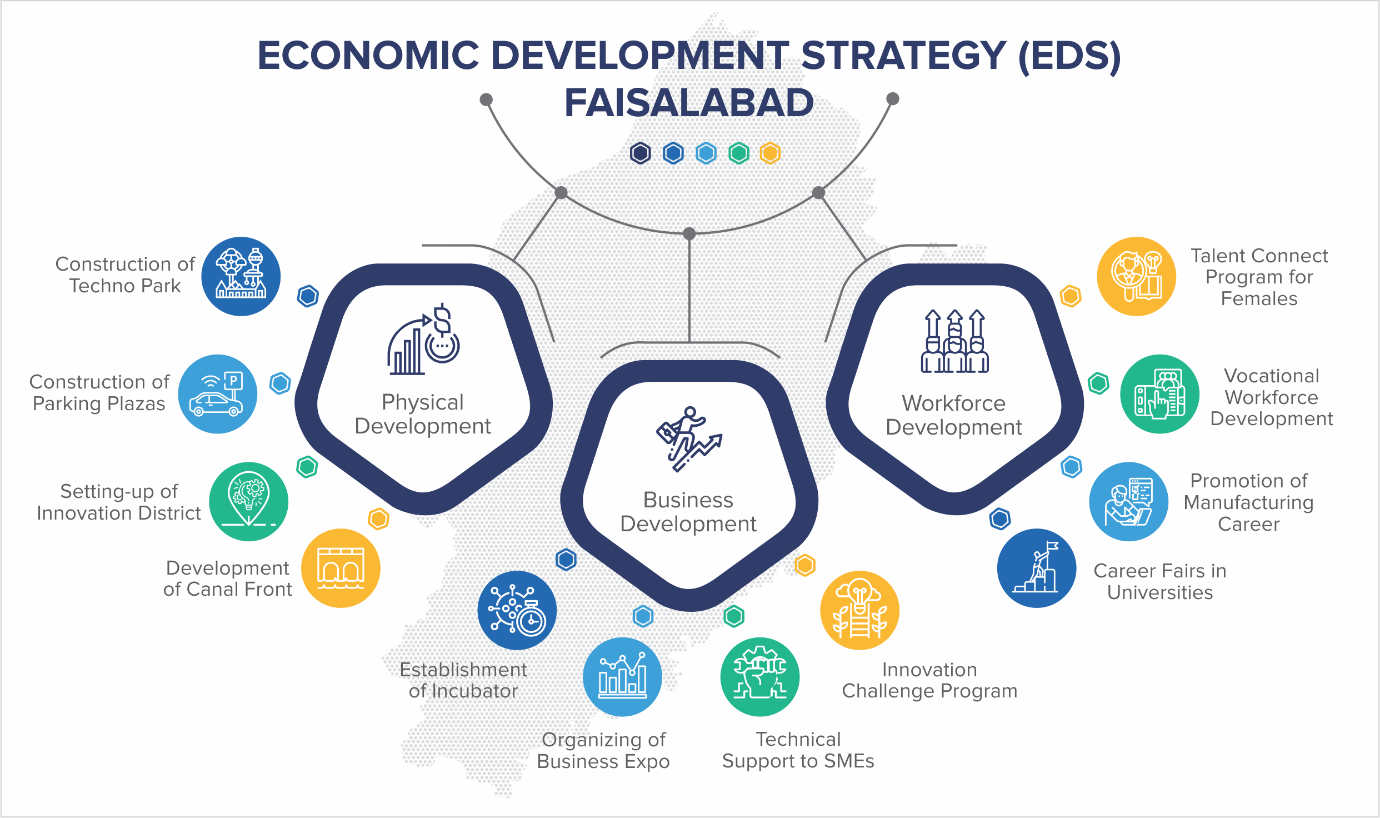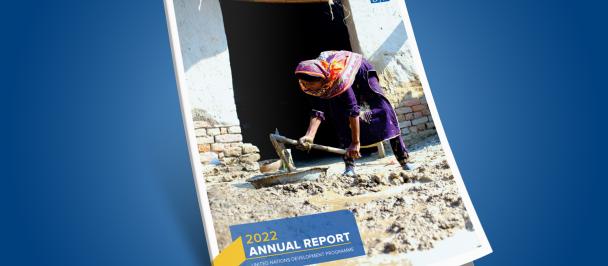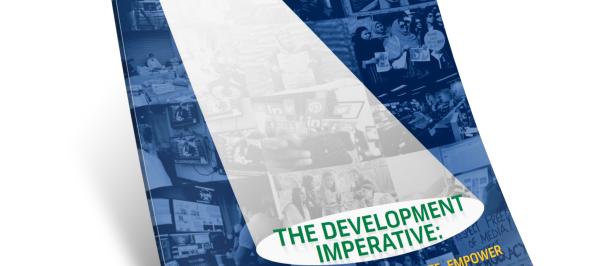Note: The blog has been contributed by Punjab Urban Unit, based on Local Economic Development Plan jointly developed by UNDP Pakistan and Punjab Urban Unit in consultation with Faisalabad Development Authority. The initiative is part of UNDP Pakistan’s Urban Support Platform.
COVID-19 is changing the way businesses rely on. As the pandemic continues, the future of the local economies and businesses across the country is in peril.
So what are the vital steps to solving the crisis?
Inducting a Local Economic Development (LED) Approach for preparing a city-based Economic Development Strategy (EDS) seems a kick-start towards its stability.
What is Local Economic Development (LED)? According to International Economic Development Council (IEDC), LED is the intentional practice of improving a community’s economic well-being and quality of life. It includes a broad-range of activities to attract, create and retain jobs, and to foster a resilient, pro-growth tax base and an inclusive economy. The practice of economic development comprises of a collaborative effort involving industry, government and myriad community stakeholders.
Faisalabad, the City…
What benefits will Faisalabad accrue from LED practices? This city of 3.2 million population has a proud history of over 120-years. Dubbed as Manchester of Pakistan, this third largest city of the country is a major textile hub. It has built its admirable business reputation on the basis of its sheer entrepreneurial resilience. Its robust heritage makes it a perfect candidate for preparing a city-based Economic Development Strategy (EDS). This vibrant metropolitan core has the potential of adopting LED practices for enhancing its economic growth.
EDS, by-product of Environment…
In view of Faisalabad’s characteristics, UNDP selected it for its project to prepare a city-based EDS Report. UNDP tasked the Urban Unit, an affiliate of Punjab Government, to undertake the project. In Pakistan, underinvested cities, with fragmented governance structure, are recipe for urban decay and low liveability. It is for a reason that Pakistani cities are ranked much lower than their compatriots in global liveability and other urban indices. The project had a mix of intensive research and extensive consultations with city stakeholders on the dynamics of the local economy. Its objectives were to create jobs and solicit investments in Faisalabad.
Civic Engagement, the project core…
It was recognized at the inception of the project that high civic engagement will be its underlying spirit. Sustainability of any urban economic initiative has a strong causal linkage with the ownership of its related local stakeholders. From local participatory perspective, the Urban Unit conducted various facilitated workshops cum consultation sessions with local stakeholders. Participants represented the municipality, local agencies, chambers of commerce, academia, media and civil society. The final EDS was endorsed in a well-attended session with people from all walks of life, including city parliamentarians.
Growth Coalition, An Anchor for EDS…
A Growth Coalition is defined as an association made between business leaders, elected officials, and government officers in order to promote the pro-business growth of a city. The Urban Unit concentrated its efforts on bringing in all related stakeholders onboard, who have contributing roles in the city’s economy. It initiated the process of creating a Growth Coalition of Faisalabad, which will group, contemplate, review and support the design and implementation of LED initiatives in Faisalabad.
LED, For Action-inducing EDS…
The Urban Unit then proceeded with a practitioner’s focus of devising Local Economic Development (LED) initiatives for Faisalabad. It segregated the initiatives in three development areas of physical, business and workforce. Twelve LED initiatives were proposed with each having its own set of outcomes and measurements. This practical orientation will have direct influence on the individual economic sectors of the city. These initiatives have the requisite agility to serve the safety parameters, as envisaged under the coronavirus pandemic. The autonomous nature of LED enables cities to utilize it as their economic circuit breaker against the national pandemic crisis.

 Locations
Locations




